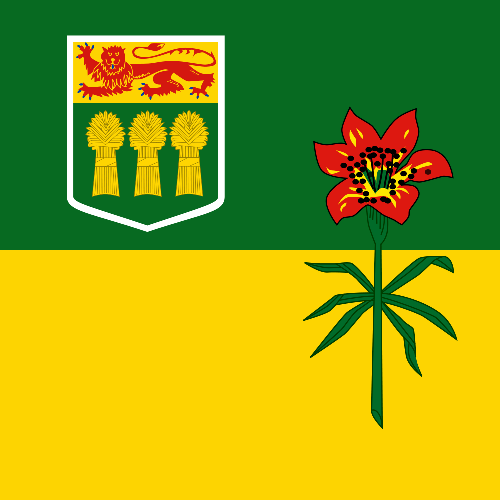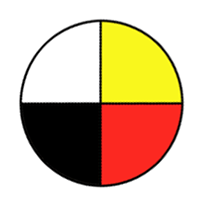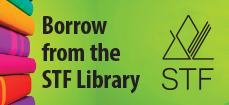Assess effects of micro-organisms on past and present society, and contributions of science and technology to human understanding of micro-organisms.
CP, DM, SI
| (a) |
Choose and correctly use appropriate tools (e.g., magnifying glasses, optical microscopes, and video microscopes) to study living organisms that cannot be seen with the naked eye. |
| (b) |
Observe and represent, using words and diagrams, characteristics of micro-organisms obtained from student- or teacher-collected water samples (e.g., bottled water, tap water, rain barrel, pond, creek, slough, and river water). |
| (c) |
Explain how micro-organisms meet their basic needs, including moving around and obtaining food, water, and oxygen. |
| (d) |
Design and conduct an investigation of the factors that influence how quickly micro-organisms break down organic matter (e.g., build a composter in a 2L plastic bottle and vary conditions such as the amount of water, soil, light, and combinations of waste products). |
| (e) |
Compare cultural (including First Nations and Métis), historical, and scientific understandings and explanations of disease, including the contributions of scientists such as John Snow and Louis Pasteur to the germ theory. |
| (f) |
Critique representations or depictions of micro-organisms in a variety of texts (e.g., science fiction, cartoons, movies, music, and poetry). |
| (g) |
Discuss positive and negative impacts of micro-organisms for humans (e.g., food production and spoilage, fermentation, pasteurization, water and sewage treatment, human digestion, composting, disease spread and prevention, and biological warfare). |


















